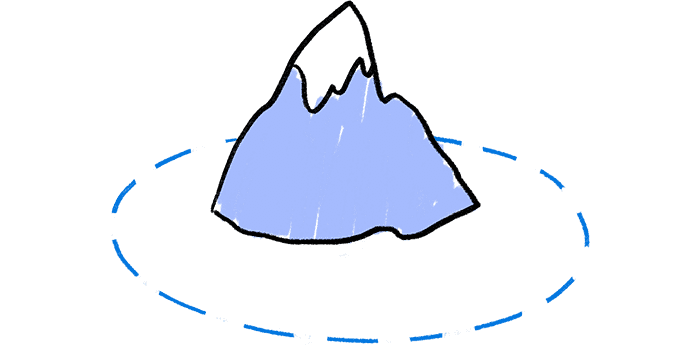Water quality monitoring

Main sources of pollution in rivers and lakes in Reykjavík include incorrect connections of sewer lines, insufficient septic tanks, poor manure lagoons and dungsteads, fertilizer distribution, agriculture, fish farming, and runoff/stormwater from impervious surfaces.
Wetlands
Wetlands are crucial habitats for birds, small animals, and plants, with numerous grass species taking root. Vatnsmýri, a central Reykjavík wetland, is highly stressed due to traffic, urban densification, and human activities.
Regular monitoring
HER conducts regular chemical and physical water quality monitoring and performs additional research as needed.
Results
Links coming soon
Monthly measurement results and annual summaries
Monitoring reports
Priority substance sampling results
Regulatory framework
One of the public health committees' roles is to ensure compliance with Regulation No. 796/1999 on Water Pollution Prevention. In addition to categorizing waters (groundwater and surface water) with respect to pollution levels, the public health committees must also set long-term water quality objectives and monitoring to maintain their natural states.
Major rivers and bodies of water in Reykjavík were classified between 2001 and 2007, and in 2009, specific rivers and bodies of water were monitored. Here you can see the 2009 monitoring results for rivers and bodies of water in Reykjavík.
Reykjavík Public Health
Inquiries and/or suggestions
- Email: heilbrigdiseftirlit@reykjavik.is
- Borgartún 12, 105 Reykjavík
- Phone 411 1111